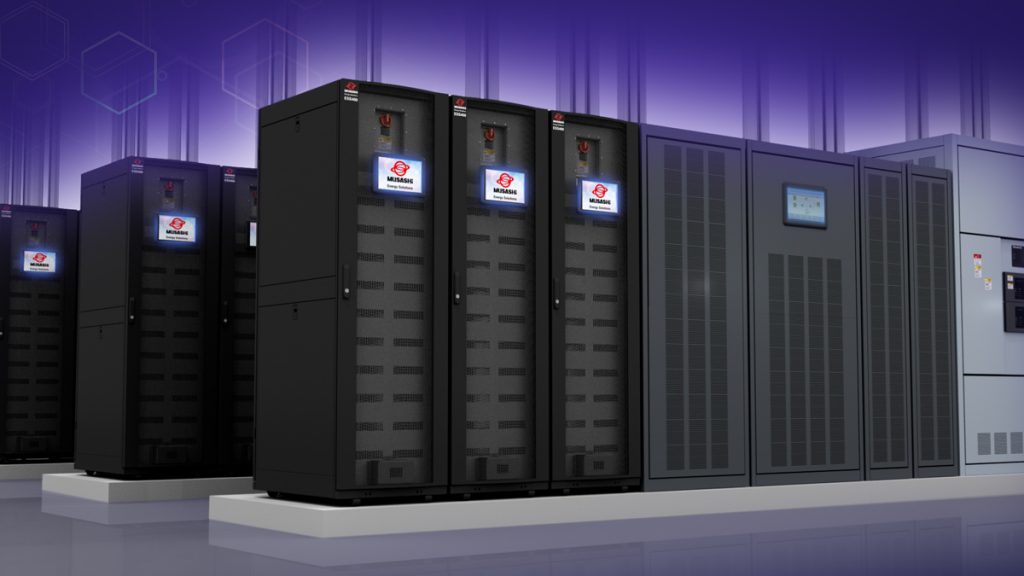WHITE PAPER –
The Impact of UPS Autonomy on Reliability and Safety

Longer autonomy does not increase data center reliability
Uninterruptible Power Supply (UPS) autonomy time — the interval that a UPS can support its critical load on battery power alone — has historically been determined by the characteristics and limits of electrochemical lead-acid and lithium batteries. Hybrid supercapacitors (sometimes called superbatteries or HSCs) offer the potential to match UPS autonomy times to operational requirements while improving reliability.
APPLICATION NOTE –
Hybrid SuperCapacitors: Redefining Mission Critical Power Backup

While modern power systems reduce the risk of downtime, the need for energy storage still exists. Energy storage is used for those times when bridge time is needed – to bridge the power between utility failure and the 10 to 15 seconds it takes for emergency power to become available, usually with on-site generators.
Evolution in supercapacitor technology presents an attractive alternative to battery (Li-ION, VRLA, Sodium or Zinc-based) solutions. A great example of these advancements is Musashi Energy Solutions’ (MES) Hybrid SuperCapacitor (HSC) based solution for the 10-second bridging needs of the modern Emergency Power Supply System.




